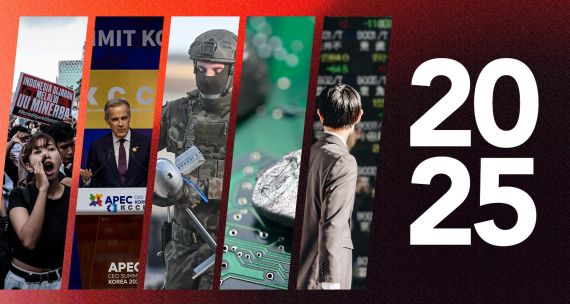With remarkable advances during the last decade, the adoption of artificial intelligence (AI) has accelerated during the COVID-19 pandemic – around the world and across different sectors. The AI global market is projected to reach a staggering US$312.4 billion by 2027.
Governments worldwide have made AI a priority, launching national strategies to encourage research and development, facilitate regulatory reforms, and increase talent pools. The talent shortage has been consistently highlighted as a key issue in AI policy.
Key decision makers in government, academia, and the private sector have responded by launching and increasing support for AI education and research, mostly at the post-secondary level, as they view AI primarily as an investment for economic competitiveness.
However, there is a general shortage of information about the implementation of AI into the K-12 education curriculum. In this context, the Asia Pacific Foundation of Canada, the Korea AI Ethics Association, and the Humanities Research Institute, Chung-Ang University have collaborated on the report Talent for the Future: AI Education for K-12 in Canada and South Korea, providing an overview of AI education for K-12 students in Canada and South Korea.
The report demonstrates that AI education is still in the nascent stages in both jurisdictions. However, South Korea has national-level plans to introduce AI education in a systematic manner, while Canada generally relies on local and civil society initiatives.
This divergence demonstrates the importance of creating opportunities for international discussions about K-12 AI education, sharing good practices, and identifying solutions to common challenges.
Based on the research and analysis conducted for this report, the authors provide the following takeaways for governments, the private sector, and civil society:
- Governments must make tangible investments in AI education for K-12 to provide equal opportunities for all students to acquire essential knowledge and skills.
- Private sector and civil society participation should be encouraged, but the government should ensure the quality and consistency of AI education.
- AI ethics must be front and centre of the curriculum.




